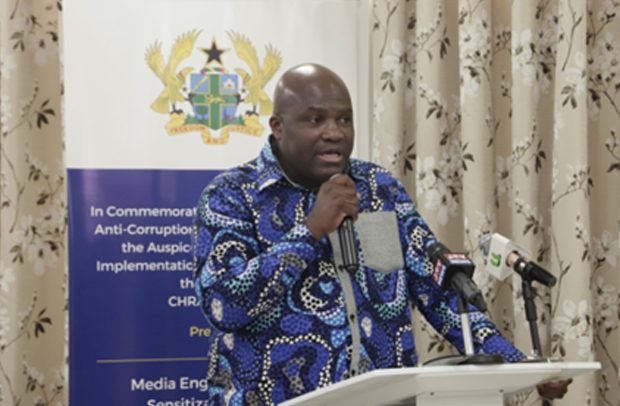
Studying the World Bank’s latest policy note, ‘Transforming Ghana in a Generation’, it indicates that the country’s current fiscal framework is inadequate to safeguard the economy from another debt crisis.
The World Bank is therefore calling for a sweeping overhaul of public financial management, stricter discipline and stronger revenue measures.
The Bank argues that fiscal credibility must be restored through “sustained consolidation” and cautions against a premature return to international capital markets.
“Maintaining the momentum on fiscal consolidation is the most pressing priority. Government should focus on both spending and revenue measures to meet IMF targets and avoid premature access to the Eurobond market,” the Bank said.
This comes on the back of defaults on external debt in December 2022, following years of fiscal slippage, energy sector losses and chronic revenue shortfalls.
In fact, the World Bank flags renewed fiscal risks. In 2024, an election year, unbudgeted expenditures amounting to US$4.8billion pushed the fiscal deficit to 7.9 percent of Gross Domestic Product (GDP) – far exceeding government’s target of 4.2 percent.
Such deviations, the report notes, reflects the limited effectiveness of the Fiscal Responsibility Act passed in 2018 which was intended to limit the deficit to five percent of GDP.
Consequently, the Bank recommended a comprehensive revision of Ghana’s fiscal rules. Proposed measures include targetting a primary surplus of at least 1.5 percent of GDP annually and reducing the debt-to-GDP ratio to 45 percent or lower by 2034.
It also calls for enhanced parliamentary oversight and operational independence of the Fiscal Council, which remains largely advisory in its current form. Revenue mobilisation remains a persistent challenge.
The World Bank estimated that VAT exemptions alone cost nearly two percent of GDP each year and urges government to enforce the Tax Exemptions Act, broaden the tax base and explore underutilised streams such as property taxes and levies on digital services.
Also, state-owned enterprises continue to impose a significant burden on public finances. The Electricity Company of Ghana (ECG), for example, has accumulated arrears despite annual transfers exceeding US$1billion.
The Ghana Cocoa Board (COCOBOD) meanwhile saw its debt rise to US$1.8billion in 2024 – even amid record global cocoa prices. “The fiscal risks emanating from energy and cocoa SOEs remain significant”.
The post Editorial: No premature return to international capital markets! appeared first on The Business & Financial Times.
Read Full Story









Facebook
Twitter
Pinterest
Instagram
Google+
YouTube
LinkedIn
RSS